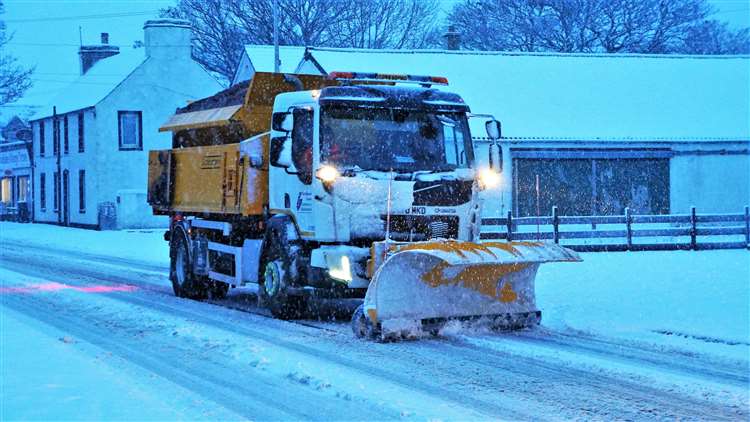Image Source: Google
During the winter months, icy roads can pose a significant danger to motorists. This is where gritting contractors play a crucial role in keeping roads safe and ensuring that people can travel without the fear of hazardous conditions. In this article, we will delve into the world of gritting contractors and explore how they work tirelessly to combat the chill and maintain road safety during winter. Refer: https://wintergritting.co.uk/winter-gritting-salt-spreading-manchester/.
The Importance of Gritting Contractors
Why are Gritting Contractors Essential?
- Gritting contractors help prevent accidents caused by icy roads.
- They reduce the risk of injuries and fatalities due to slippery conditions.
- Keeping roads clear during winter ensures smooth traffic flow.
- Businesses and essential services rely on gritted roads to operate efficiently.
The Role of Gritting Contractors
- Gritting contractors monitor weather forecasts to predict when road gritting will be needed.
- They use specialized vehicles equipped with salt spreaders to treat roads proactively.
- Contractors work round the clock to ensure roads are safe for commuters, even during overnight hours.
- Regular maintenance and inspections of equipment are crucial to the effectiveness of gritting operations.
Challenges Faced by Gritting Contractors
Weather Conditions
One of the biggest challenges for gritting contractors is dealing with unpredictable weather patterns.
- Rapid drops in temperature can cause ice to form quickly, requiring immediate action.
- Heavy snowfall can complicate gritting efforts and lead to delays in clearing roads.
- Extreme weather conditions such as blizzards pose safety risks for contractors working in harsh environments.
Tight Schedules
Gritting contractors often have to adhere to strict schedules to ensure that roads are treated in a timely manner.
- Nighttime gritting shifts require contractors to work long hours in challenging conditions.
- Coordination with local authorities and transportation agencies is essential to prioritize high-traffic areas for gritting.
- Unexpected road closures or accidents can disrupt planned gritting routes and require quick adjustments.
Best Practices for Gritting Contractors
Adopting Technology
Many gritting contractors are embracing technological advancements to improve their efficiency and effectiveness.
- GPS tracking systems help monitor gritting vehicles in real-time and optimize route planning.
- Weather monitoring tools provide up-to-date information to anticipate changing conditions and adjust gritting schedules accordingly.
- Automated salt spreaders ensure consistent coverage and minimize waste during gritting operations.
Training and Safety Measures
Ensuring the safety of gritting contractors is paramount in their line of work.
- Regular training programs educate contractors on safe gritting practices and protocols.
- Personal protective equipment such as high-visibility gear and non-slip footwear is essential for working in hazardous conditions.
- Emergency response plans and communication protocols help contractors handle unexpected situations effectively.
Conclusion
Gritting contractors play a vital role in maintaining road safety during the winter months. Their dedication and hard work allow commuters to travel with peace of mind, knowing that roads are clear of ice and snow. Despite facing various challenges, gritting contractors continue to uphold the standards of safety and efficiency in their operations. By adopting best practices and leveraging technology, they strive to improve their service delivery and ensure that roads remain safe for all travelers. Next time you drive on a clear winter road, remember to appreciate the efforts of gritting contractors who work tirelessly behind the scenes to make it possible.

